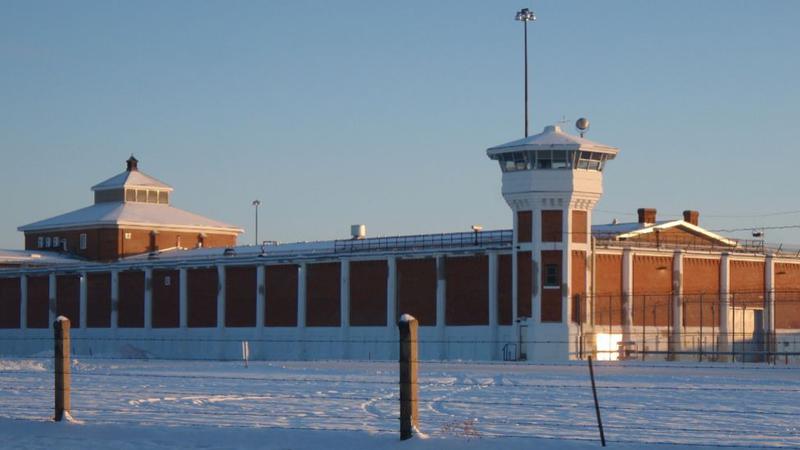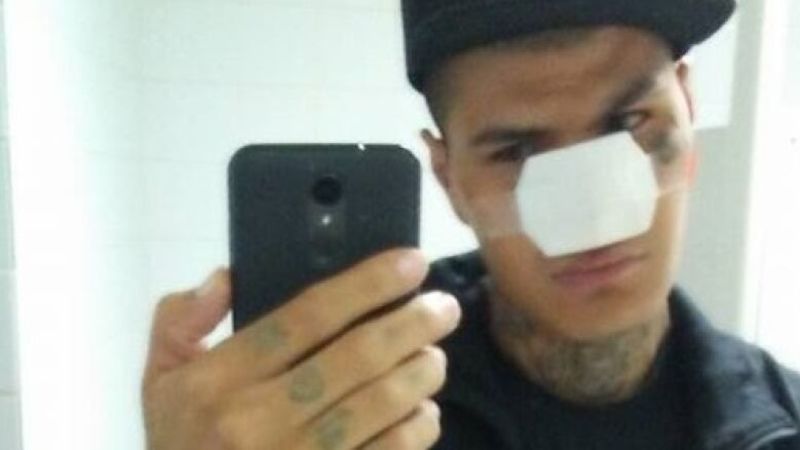
Sask. Pen Warden testifies at Coroner’s Inquest
CONTENT WARNING: The following story contains graphic depictions of self-harm and suicide.
According to the current warden at Saskatchewan Penitentiary, administration is always looking at ways to improve practices but faces challenges in the forms of resources and population management.
Warden Shawn Bird was the final witness at this week’s Coroner’s Inquest in Prince Albert and was repeatedly asked about the prison’s policies related to the diversion of drugs and what changes had been made, if any, following the death of Curtis McKenzie in March, 2020.
Prior to his attempted suicide in late February of that year, the 27-year-old had expressed to staff feelings of anxiety over the discontinuation of his anti-depressant medication.



